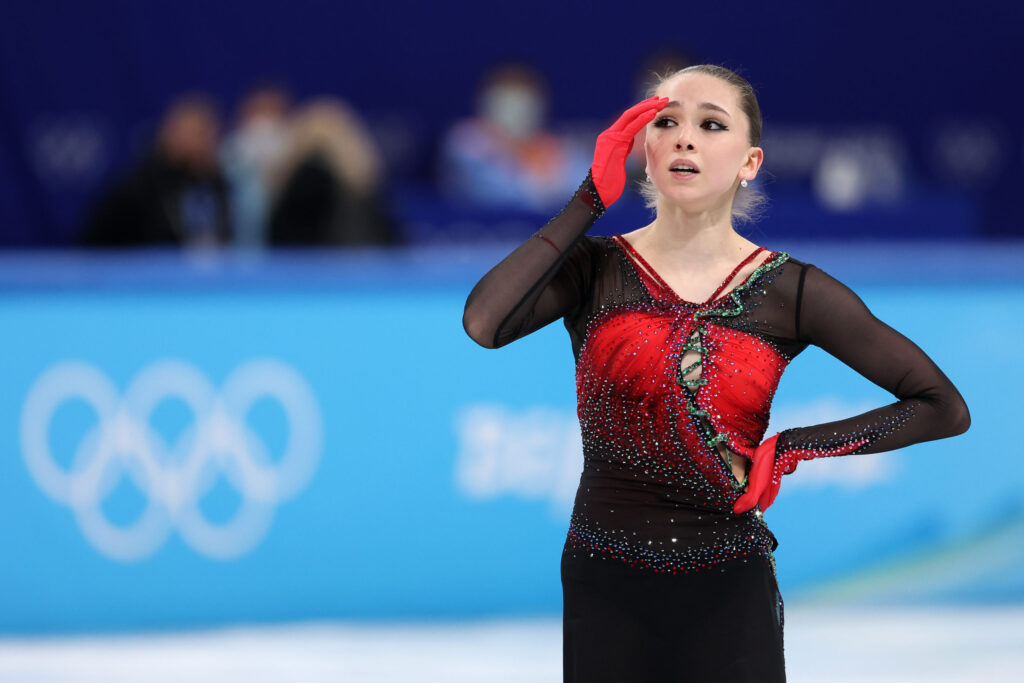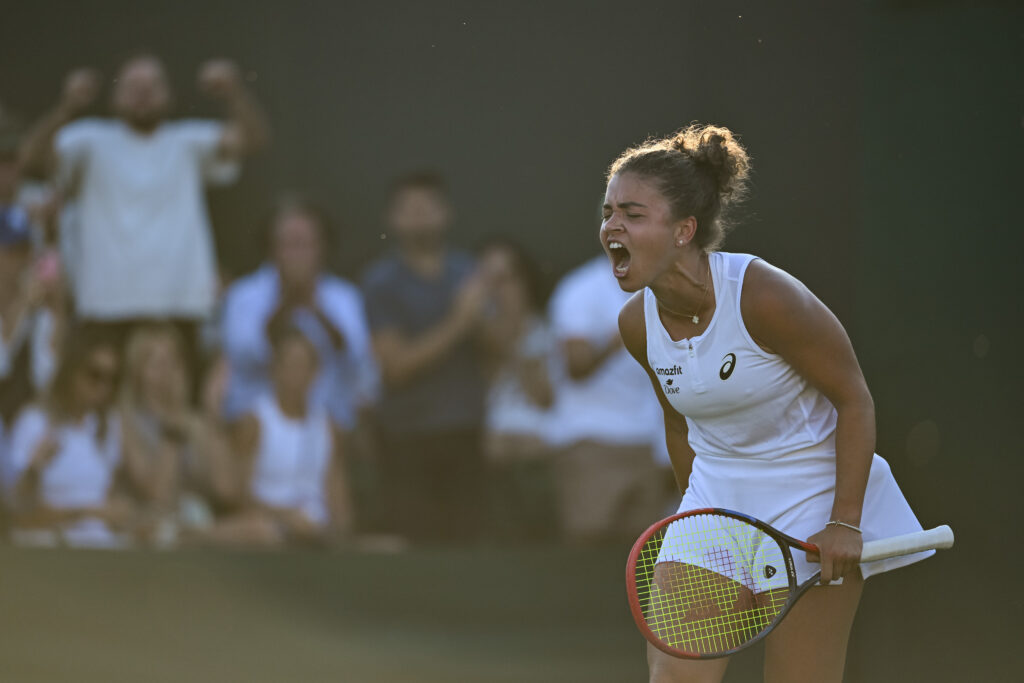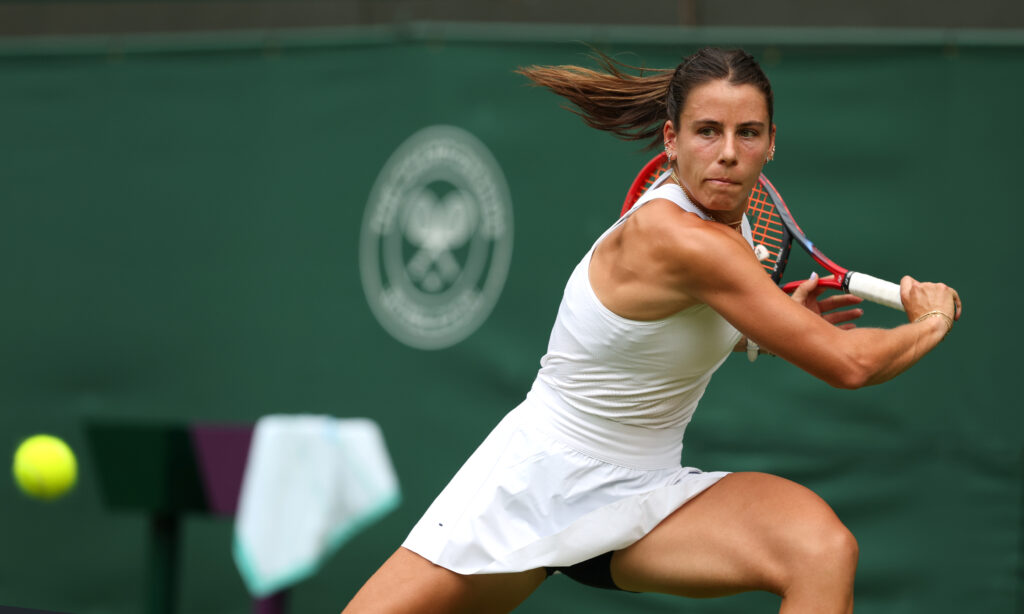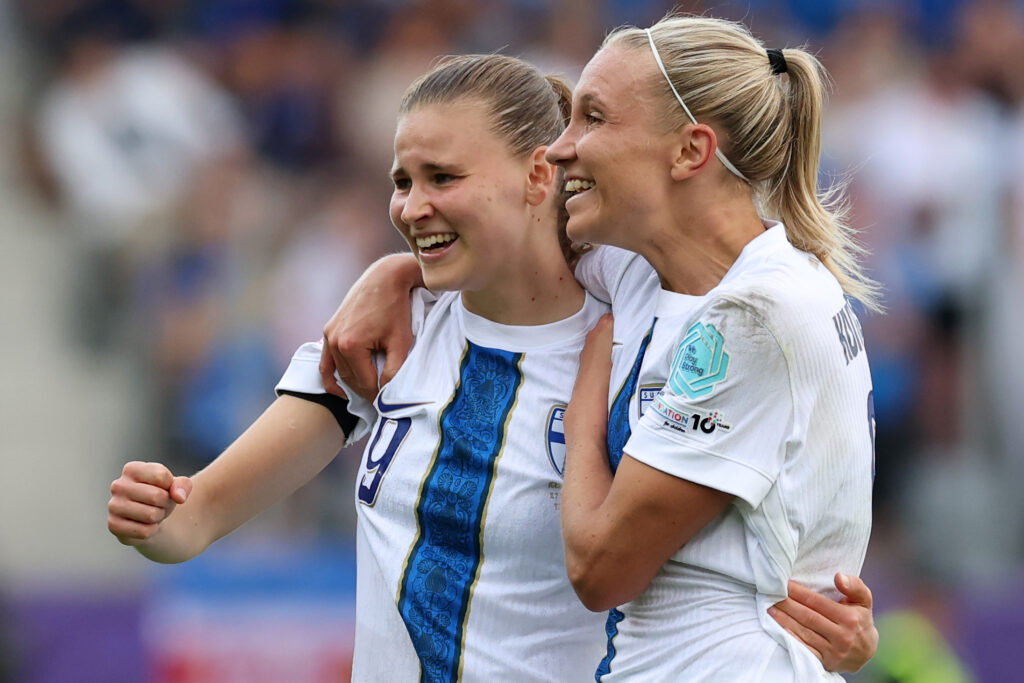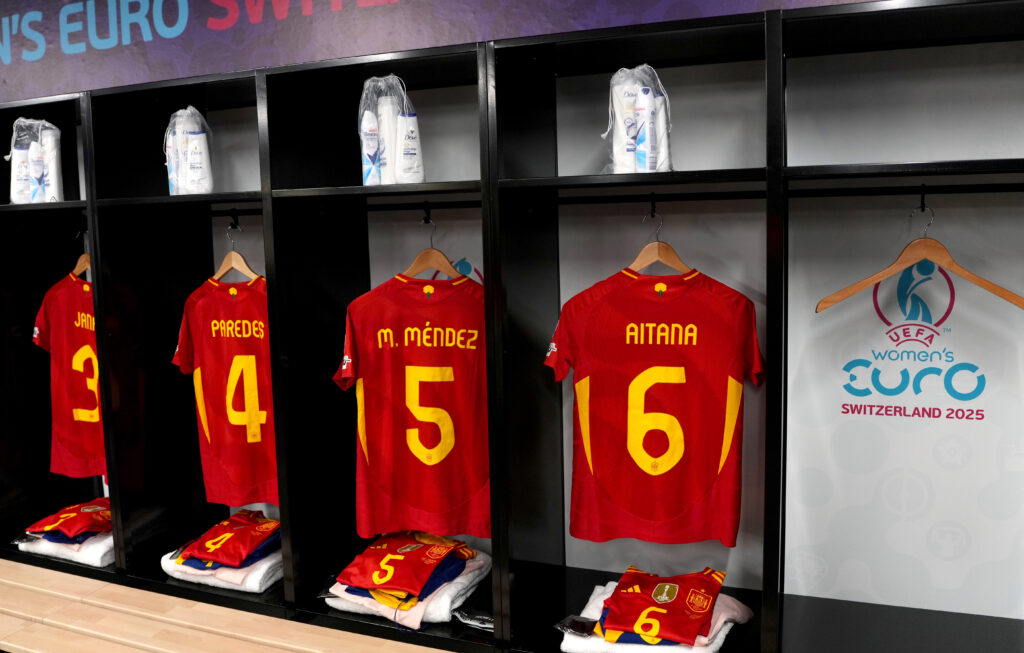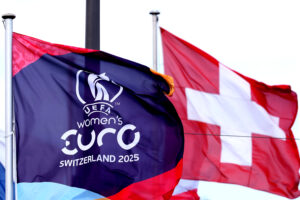Russian figure skater Kamila Valieva has been banned for four years by the Court of Arbitration for Sport as a result of a positive doping test prior to the Beijing Olympics.
It will date back to the date of the positive test, on Dec. 25, 2021, meaning that the majority of the suspension has already been served. Valieva has been stripped of any medals won during that period, including at the 2022 Olympic Games.
“Having carefully considered all the evidence put before it,” CAS said in a statement announcing the decision Monday, “the CAS panel concluded that Ms. Valieva was not able to establish, on the balance of probabilities and on the basis of the evidence before the Panel, that she had not committed the (violation) intentionally.”
The CAS also emphasized that Valieva’s age, which put her under the class of “Protected Person” didn’t exempt her from being disqualified.
As a result, Team USA has been awarded gold won in the team figure skating event. Valieva was a member of the Russian team that won gold, while the United States won silver.
At the time, the IOC did not present the athletes with their medals due to questions about Valieva. The then-15-year-old was found to have tested positive for trimetazidine, a banned heart medication. The results of her December test were not returned until Feb. 8, one day after the team figure skating event.
While Russian officials initially suspended Valieva, she appealed the decision and was allowed to continue competing at the 2022 Games.
The ruling brings to the conclusion a two-year ordeal in which none of the athletes were awarded their medals until the case was resolved. Last summer, the U.S. Olympic and Paralympic museum marked the 500-day milestone since the Olympics by displaying empty medal boxes.
“I think two years is too long for this decision to be made, and we may never know why it has taken this long,” Evan Bates said when asked about the pending decision at the U.S. figure skating championships. “We’re just looking forward to getting some closure after a long waiting period.”
The entirety of the case may not be resolved, however, as the Russian team was still awarded the bronze medal with Valieva having been removed from the team. Canada, who sits one point behind Russia, was not awarded additional points upon Valieva’s disqualification. Additionally, under the International Skating Union’s current anti-doping rules, if one member of a team is found to have violated anti-doping rules, the entire team may be disqualified, per section 11.2.
On Tuesday, Skate Canada issued a statement saying that they are “extremely disappointed” with the ISU’s position on the ruling. In the statement, they argue that the ISU is “not applying Rule 353, which states that ‘competitors having finished the competition and who initially placed lower than the disqualified competitor will move up accordingly in their placement.’”
Skate Canada also said that it is considering “all options” to appeal the decision. Valieva’s legal team is also reviewing the decision before deciding whether to appeal to the Swiss supreme court.
If the suspension is upheld, Valieva will be ineligible to compete until December 2025, approximately two months before the 2026 Olympics are scheduled to begin.
